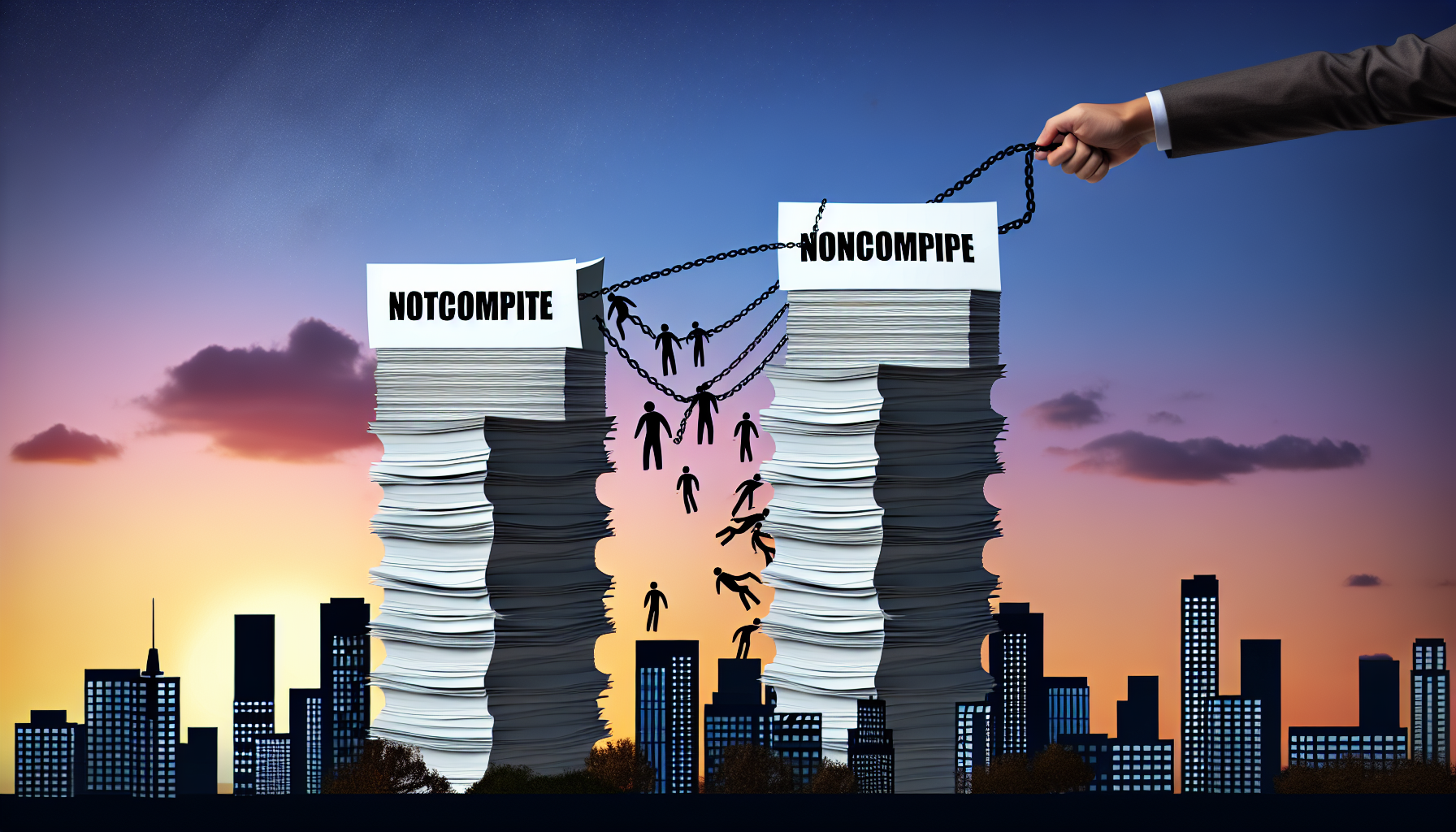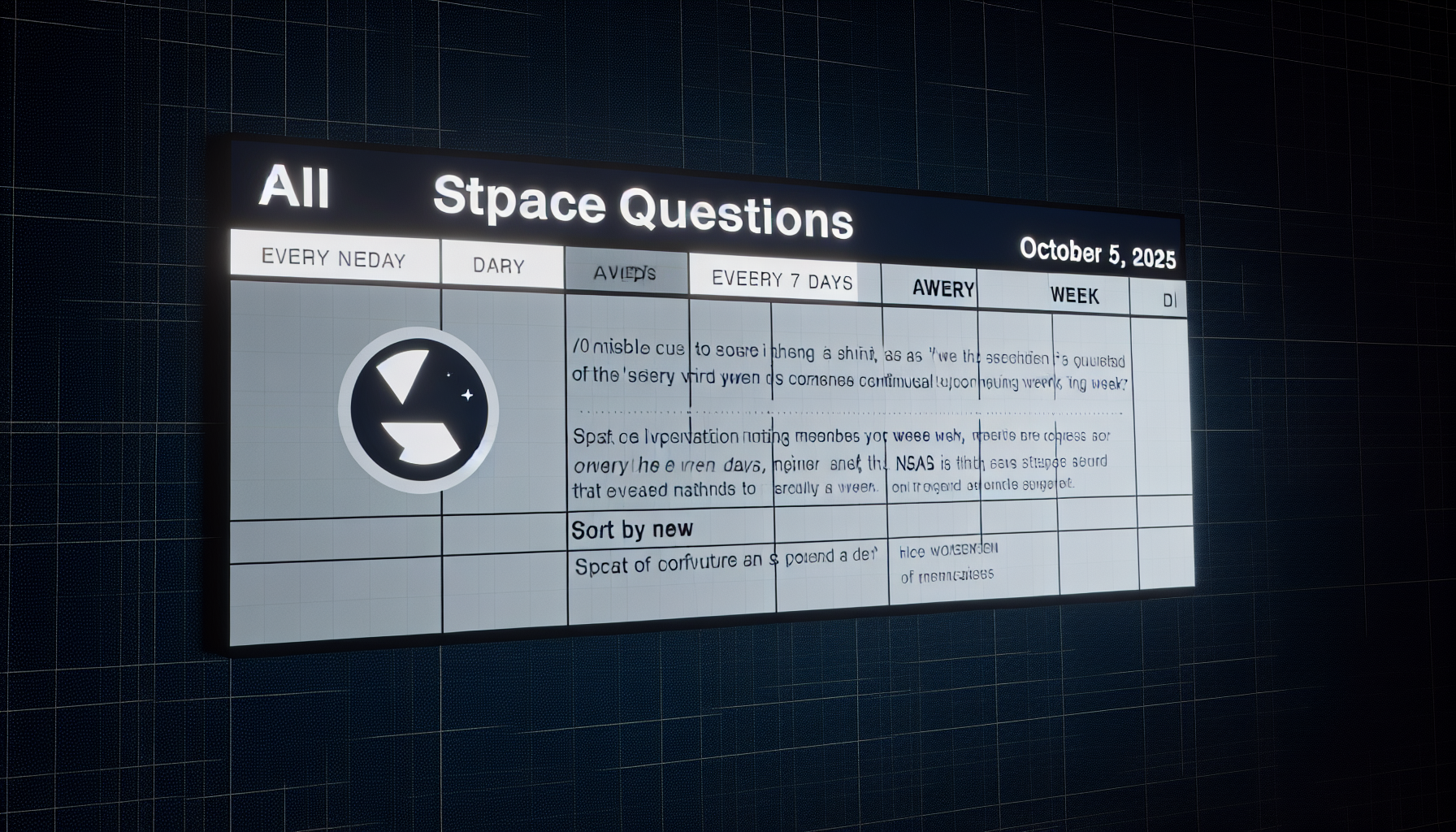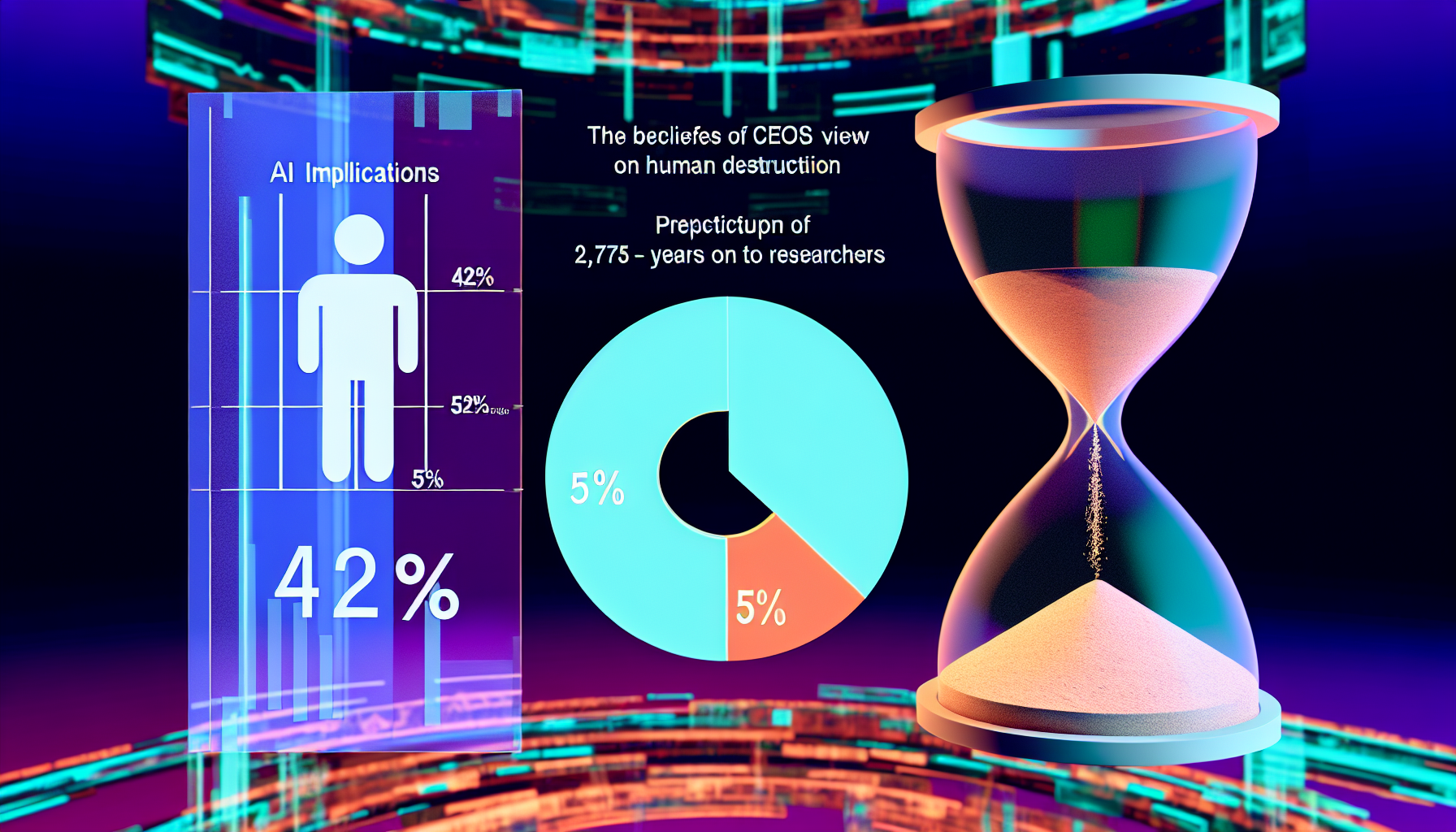The Biden-era noncompete ban collapsed after the Federal Trade Commission withdrew its appeal on Sept. 5, 2025, effectively ending the agency’s push for a nationwide prohibition and leaving employers free to keep enforcing existing agreements for now [1]. The reversal comes despite prior estimates that roughly 30 million workers—about 20% of the U.S. workforce—are currently covered by noncompete clauses, underscoring the scale of the policy’s retreat [2].
Key Takeaways
– shows FTC withdrew its appeal on Sept. 5, 2025, collapsing the noncompete ban and leaving millions of workers bound by existing clauses. – reveals roughly 30 million workers—about 20% of the U.S. workforce—face noncompetes, with enforcement unchanged after the ban’s collapse. – demonstrates the FTC’s 2024 rule projected 8,500 additional startups annually and exempted existing noncompetes only for senior executives under 0.75%. – indicates Judge Ada Brown blocked the rule on Aug. 20, 2024, before its planned Sept. 4 effective date, calling the action arbitrary. – suggests new FTC leadership is pivoting to targeted enforcement, settling a Sept. 4 case affecting 1,800 workers across about 100 locations.
Why the noncompete ban collapsed
The FTC finalized a sweeping rule on April 23, 2024 to ban most noncompete agreements nationwide, capping a 3-2 commission vote following more than 26,000 public comments and months of debate [3]. The rule’s broad design would have largely eliminated existing noncompetes—except for a narrow class of senior executives—and required employers to notify affected workers that their restrictions would no longer be enforced [3].
Before the rule could take effect, a federal judge in Texas halted it. On Aug. 20, 2024, Judge Ada Brown blocked the regulation ahead of its planned Sept. 4 effective date, siding with business plaintiffs who argued the FTC overreached its authority [2]. Legal analysis emphasized the court’s finding that the FTC’s action was “arbitrary and capricious,” a conclusion that cast substantial doubt on the rule’s durability through appeals [5].
The agency initially signaled it would fight on, but a change in administration and leadership brought a strategic reversal. On Sept. 5, 2025, the FTC withdrew its appeal, and the Department of Justice moved to drop its defenses, effectively collapsing the nationwide noncompete ban and leaving existing agreements intact [1].
What the noncompete ban promised
At the heart of the FTC’s case was a set of concrete projections about economic dynamism and worker mobility. The agency estimated that approximately 30 million U.S. workers were bound by noncompete clauses and argued that removing them would stimulate entrepreneurship and labor market churn [3]. Although prevalence estimates varied by sector and seniority, the overall statistic underscored the sweeping reach of such contracts [2].
The final rule included a narrow carveout: employers could continue to maintain existing noncompetes only for a small cadre of senior executives, defined as less than 0.75% of the workforce [3]. For everyone else, firms would have been required to notify employees that their noncompetes would not be enforced going forward, a compliance step designed to ensure clarity and minimize chilling effects on job switching [3].
Beyond worker mobility, the FTC projected broader macro impacts. The agency estimated the ban would yield 8,500 additional startups each year, arguing that reduced contractual frictions would unlock latent entrepreneurship across industries [3]. The commission approved the final rule on a tight 3-2 vote, reflecting sharp ideological divisions over the FTC’s statutory authority and the proper role of agency rulemaking [3].
The scale of noncompetes: who remains bound
With the appeal withdrawn, the immediate result is straightforward: existing noncompete restrictions remain enforceable where they were before, with no nationwide federal rule preventing their use or reinforcement [1]. That outcome affects an estimated 30 million workers—about one in five—who have signed noncompete agreements ranging from highly paid technical roles to hourly jobs, depending on employer practices [2].
Legal experts had cautioned that, absent a successful appeal, the Texas ruling would leave employer enforcement intact, pending case-specific court challenges or future agency actions [5]. That reality is now here. Employers that paused enforcement or prepared to unwind agreements in anticipation of the Sept. 4, 2024 effective date have, in practice, no federal mandate to cancel those noncompetes following the FTC’s retreat [2].
The breadth of impact is not uniform. The FTC’s abandoned rule aimed to change the default nationwide, but with the ban off the table, outcomes hinge on individual contracts and evolving litigation, as well as any targeted federal enforcement that might emerge in specific cases [5]. For millions of workers, the day-to-day effect is continuity: clauses that were in force last year remain in force today [1].
From broad rulemaking to targeted enforcement
Even as the blanket rule crumbled, the FTC signaled a shift toward case-by-case actions. On Sept. 4, 2025, the agency—now under Chair Andrew Ferguson—announced an enforcement settlement with Gateway Services that prohibits the company from enforcing noncompetes against 1,800 workers across about 100 locations [4]. The resolution demonstrates the agency’s willingness to intervene where it sees specific competitive harms, without relying on contested rulemaking authority [4].
Ferguson stressed a preference for “targeted enforcement over broad rulemaking,” a notable recalibration from the Biden-era strategy centered on a universal ban [4]. Democratic Commissioner Rebecca Slaughter dissented from the new approach, warning that pulling back from broader protections could leave many workers without meaningful recourse absent individualized enforcement [4]. The case suggests the FTC plans to triage noncompete disputes rather than attempt a one-size-fits-all solution [4].
What employers and workers should watch next
For employers, the immediate compliance picture is clearer than it was a year ago. The rule that would have voided most existing noncompetes—and required employee notices—will not take effect, given the injunction and the agency’s decision to abandon its appeal [2][1]. Companies that prepared notice letters for a Sept. 4, 2024 rollout can shelve those plans unless bound by other legal obligations or future case-specific orders [3].
Workers should expect enforcement to continue in many settings, with challenges proceeding through courts and, potentially, selective FTC actions against particular practices deemed anticompetitive [5]. The “arbitrary and capricious” finding—and the agency’s retreat—mean that any sweeping federal change is off the table for now, placing added importance on case law and incremental enforcement [5]. The Department of Justice’s move to drop defenses reinforces the broader federal pullback from a universal ban [1].
The pivot increases the salience of facts on the ground. Employers contemplating new noncompete language may still face scrutiny if clauses are overly broad or tied to practices that could be framed as unfair competition in a particular market context [4]. Workers disputing restrictions may look to targeted enforcement precedents, but absent a nationwide rule, outcomes will be highly case-dependent [4].
Data outlook: mobility, startups, and wages
The FTC framed its 2024 rule as a catalyst for labor mobility and new business formation, quantifying expected gains to underscore the case for a ban [3]. Its projection—8,500 additional startups each year—illustrated the scale of change the agency believed was reachable by removing a pervasive drag on entrepreneurship [3]. With the rule halted and the appeal withdrawn, those projected gains are postponed indefinitely at the federal level [1].
Numbers that once described a coming policy shift now define the status quo. Roughly 30 million workers (about 20% of the workforce) remain covered by noncompete clauses that the rule sought to unwind [2]. The commission’s narrow carveout—allowing existing agreements to persist only for senior executives comprising under 0.75% of workers—will remain theoretical unless resurrected in future rulemaking or legislation [3].
The path forward is now incremental. The FTC’s fresh settlement barring enforcement against 1,800 employees at about 100 sites shows how targeted cases can yield relief for well-defined worker groups without a broad ban [4]. But case-by-case victories will likely move numbers in smaller steps than a blanket rule, trading nationwide sweep for localized remedies and evidentiary burdens that vary by employer, industry, and practice [4].
Sources:
[1] Reuters – Trump administration drops defense of ban on employee ‘noncompete’ agreements: www.reuters.com/legal/litigation/trump-administration-drops-defense-ban-employee-noncompete-agreements-2025-09-06/” target=”_blank” rel=”nofollow noopener noreferrer”>https://www.reuters.com/legal/litigation/trump-administration-drops-defense-ban-employee-noncompete-agreements-2025-09-06/
[2] CNBC – Judge strikes down Biden administration ban on worker ‘noncompete’ agreements: www.cnbc.com/2024/08/20/judge-strikes-down-biden-administration-ban-on-worker-noncompete-agreements.html” target=”_blank” rel=”nofollow noopener noreferrer”>https://www.cnbc.com/2024/08/20/judge-strikes-down-biden-administration-ban-on-worker-noncompete-agreements.html [3] Federal Trade Commission – FTC Announces Rule Banning Noncompetes: www.ftc.gov/news-events/news/press-releases/2024/04/ftc-announces-rule-banning-noncompetes” target=”_blank” rel=”nofollow noopener noreferrer”>https://www.ftc.gov/news-events/news/press-releases/2024/04/ftc-announces-rule-banning-noncompetes
[4] Reuters – Trump FTC takes action against worker noncompete agreements: www.reuters.com/legal/litigation/trump-ftc-takes-action-against-worker-noncompete-agreements-2025-09-04/” target=”_blank” rel=”nofollow noopener noreferrer”>https://www.reuters.com/legal/litigation/trump-ftc-takes-action-against-worker-noncompete-agreements-2025-09-04/ [5] Bloomberg Law – Judge Axes FTC Noncompete Ban: Employers’ Next Moves Explained: https://news.bloomberglaw.com/antitrust/judge-axes-ftc-noncompete-ban-employers-next-moves-explained
Image generated by DALL-E 3











Leave a Reply